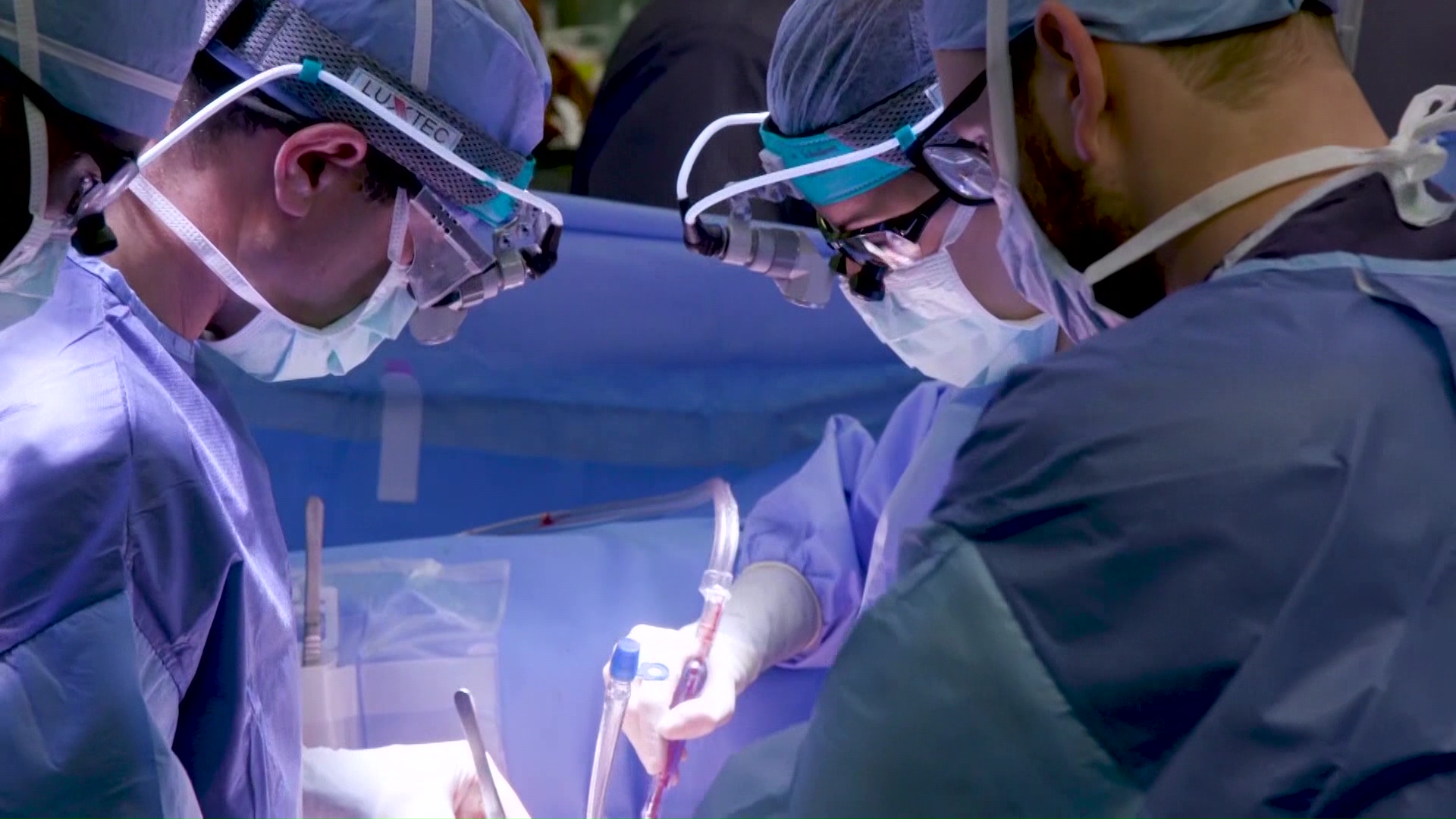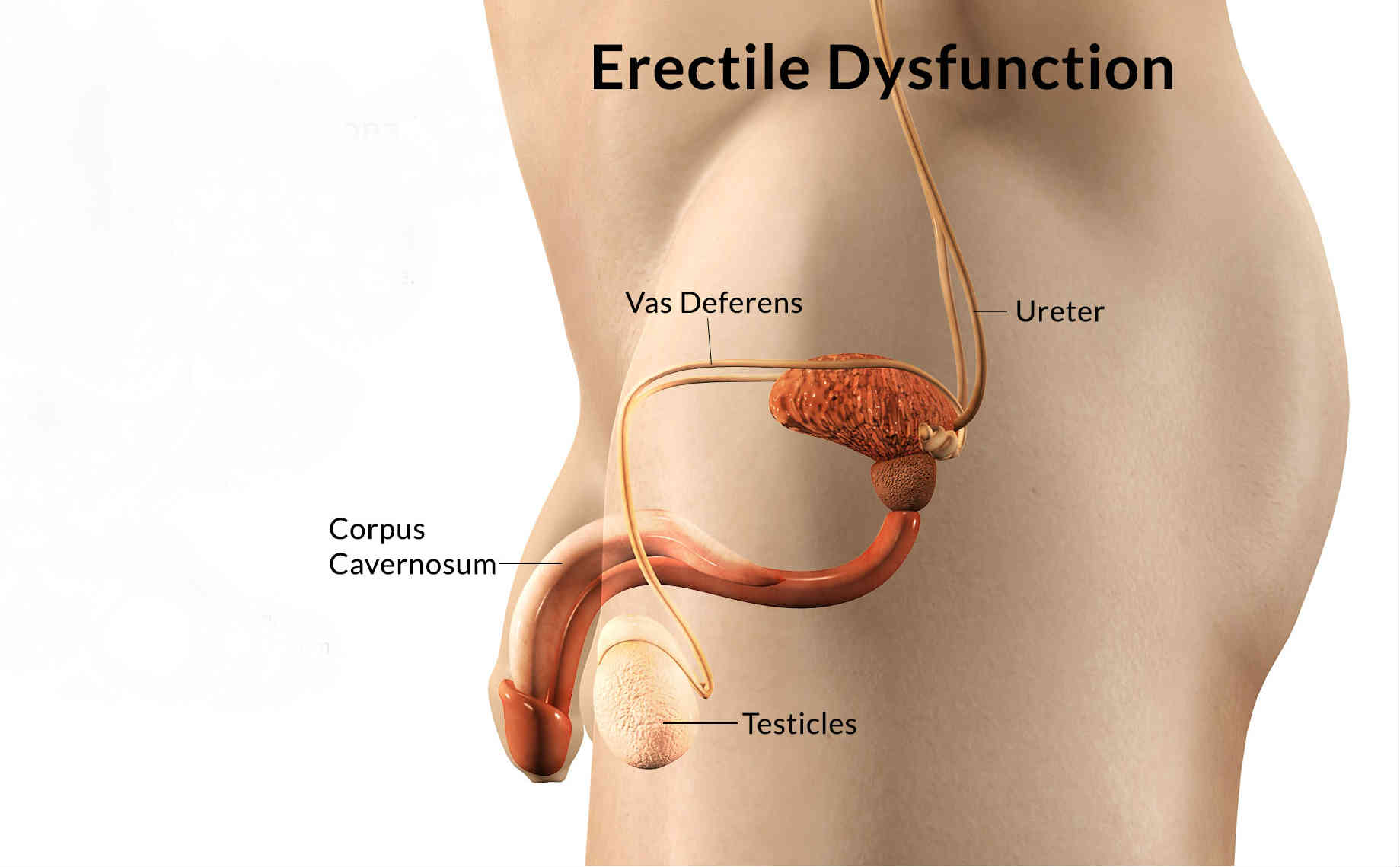Hernia is one of the causes that can directly or indirectly (depending on the type) affect the occurrence of erectile dysfunction.
For what reasons does this happen and what to expect after treatment is completed?
Types of Hernia
There are many types of hernias and several of them can contribute to the development of erectile dysfunction.
Inguinal hernia is a very dangerous and invisible disease that can cause very serious complications. It occurs due to weakness of the abdominal muscles, when the so-called ?gates? are formed and the internal organs begin to protrude outward.
A herniated disc is a displacement of the inner part of the intervertebral disc with a rupture of the fibrous ring (its outer membrane), which can be accompanied by back pain.

Scientific Evidence for Inguinal Hernia and Sexual Dysfunction
According to the study by J?rgen Zieren et al. (Int. Journal of Urology, 2005), about 20 percent of patients suffering from inguinal hernia who participated in the survey experienced preoperative sexual malfunction associated with this particular disease. About 15 male persons complained of sexual dysfunction that occurred after surgery. Such violations are associated with the localization of the inguinal hernia (on the abdomen closer to the groin), which creates certain physical obstacles to the sexual function.
https://www.researchgate.net/publication/8070508_Sexual_function_before_and_after_mesh_repair_of_inguinal_hernia

However, in more than half the cases, men did not experience symptoms of erectile dysfunction. Those who suffered from this disorder were able to return to normal sex life soon after the operation.
However, doctors rightly note that the influence of inguinal hernia on penile function is indirect, men may experience symptoms of ED, for example, due to pain or cramping in the groin area. The anatomy of this type of hernia and male genital organs is completely separate.
After ordinary surgery or laparoscopy, some patients may develop bruises or swelling of the genital organs, but these unpleasant symptoms should disappear on their own with the course of time.
According to the study by Mehmet Giray S?nmez et al. (Centr. Eur. Journal of Urology, 2016), all indicators of the erectile function index (except for sexual desire) after the inguinal hernia surgery return to normal.
https://www.ncbi.nlm.nih.gov/pmc/articles/PMC4986302/
By the way, some specialists believe ED might be caused by statin-containing meds.
*Read more here: Statins and ED: Case Studies
Herniated Discs and Impaired Erectile Function
This type of hernia has a closer relationship with ED.
In patients with herniated intervertebral discs, a reflex spasm of the penile arteries occurs, which leads to the development of erectile dysfunction. The more pronounced symptoms of erectile dysfunction, the greater the intensity of the lumbar spine intervertebral disc hernia clinical manifestations.

Conclusion
Any disease must be treated on time. Even such a condition as hernia that at first glance cannot lead to erectile dysfunction can very unpleasantly affect sexual life.
Therefore, never hesitate with treatment and urgently consult a doctor.
If your erectile function has deteriorated due to hernia, after it has been repaired, everything should return to normal after the surgery.


What tests to be performed on a male subject with ED to be certain that his sexual disfunction is indeed the result of his herniated discs in the lumbar spine ?
Consult a doctor!
What medication is needed to help a male with erectile dysfunction before surgery?
You should not take ed drugs such as Sildenafil or Tadalafil just before surgery!